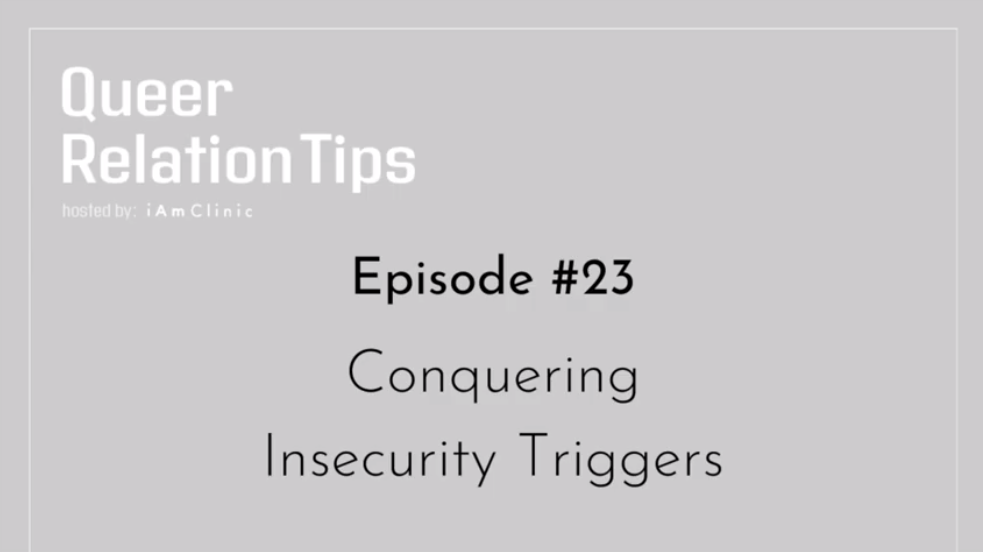Navigating the Whack-a-Moles of Belonging: A Journey of Queer Self-Discovery
In the world of self-discovery and personal growth, it’s not uncommon to feel like you’re playing a never-ending game of Whack-a-Mole. For queer individuals, especially, the journey to self-acceptance and belonging can be a complex and challenging one. In this podcast episode, we dive deep into the experiences of Carmi, a queer woman from Johnson City, Tennessee. She shares her insights and struggles with a sense of belonging, the impact of childhood experiences, and the constant emergence of emotional triggers, or “Whack-a-Moles,” that affect her relationships and self-confidence. Join us on this enlightening journey as we explore the ways in which we can reclaim our authenticity and power in the face of adversity.
The Importance of Belonging:
Belonging is a fundamental human need, but for queer individuals, it can take on an even greater significance. Carmi emphasizes the importance of belonging to communities or groups that accept and support her identity. She has found solace in her chosen family, a loving married couple who treat her as one of their own. However, the path to belonging is not always straightforward.
Childhood Experiences and Internalized Homophobia:
Carmi’s journey of self-discovery and belonging traces back to her early years. She recalls moments from childhood when she began to question societal gender norms. As a young child, she resisted wearing dresses and gravitated towards activities traditionally associated with boys. Unfortunately, these innocent expressions of her true self were met with resistance and discipline.
Carmi’s parents, especially her mother, struggled to understand and accept her non-conforming gender expression. They tried to encourage her to conform to societal expectations, leaving her feeling like her true self was wrong. The implicit message she received was that her identity was problematic, and she needed to hide it to belong.
The Impact of Gaslighting:
Carmi’s experiences extended into her adult life, particularly during her time as a missionary in Uruguay. When she tried to open up to supposed allies within her organization about the challenges she faced due to homophobia, her concerns were dismissed or redirected. She was gaslit, made to feel that her experiences were invalid or exaggerated. This gaslighting only deepened her sense of insecurity and self-doubt.
The Ego Split and Second-Guessing:
As Carmi’s narrative of not belonging took root, she developed a pattern of second-guessing herself. She began to doubt her own opinions and emotions, believing that they might betray her or lead to further rejection. The ego split, as she refers to it, became her way of surviving in a world that often felt unwelcoming to her true self.
Understanding the Subcortical Nuclei:
To navigate this journey, it’s crucial to understand the role of the subcortical nuclei in our brains. These regions house implicit knowing, which influences our actions and reactions on a subconscious level. Carmi’s experiences had ingrained in her an implicit knowing that her true self was problematic and that she didn’t belong.
The Whack-a-Mole Analogy:
Carmi poignantly likens her journey to playing Whack-a-Mole, where triggers from her past continually pop up, demanding her attention. These triggers activate her amygdala and limbic system, flooding her with emotions and sensations associated with her past experiences. Instead of reacting impulsively, she strives to observe these triggers objectively.
Reclaiming Power and Healing:
Rather than viewing these triggers as enemies, Carmi encourages us to take a step back and watch them from a distance. This shift in perspective allows us to recognize that these triggers are just temporary, much like plastic moles in a game. By addressing these triggers and seeking out belonging and affirmation from supportive communities, we can rewrite our implicit knowing and heal.
Conclusion:
Carmi’s journey of self-discovery and navigating the Whack-a-Moles of belonging is a testament to the resilience of the queer community. By acknowledging the impact of childhood experiences, understanding the subconscious mind, and seeking healing through vulnerability and connection, we can reclaim our authenticity and power. Belonging is not just a fundamental need; it’s a birthright that should be cherished and protected. Through self-awareness and self-acceptance, we can create the love lives and relationships we crave, free from the shadows of the past.
Episode Description
In this episode, the guest talks with Isaac about belonging, gender, and insecurity triggers that come up within the body. They not only talk about confidence but how to step through the fear and identify triggers within the body so that you can learn to reclaim your own power and authenticity.







